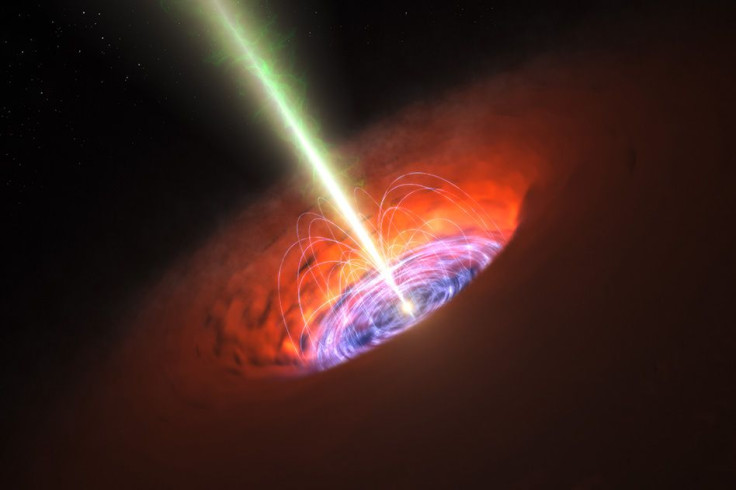Is Earth In Danger Of Getting Eaten By A Black Hole?

Research astronomers from NASA have discussed the possibility of a black hole completely devouring Earth. The astronomers also talked about the chances of a black hole passing near the planet.
Through NASA’s various space telescopes and observatories, the space agency has been able to gather new information about the nature of black holes. One of the most important details NASA has learned about these massive cosmic objects is that they are capable of moving across space.
This piece of information seems a bit worrying especially since it implies that it could someday pass near Earth and devour the planet. Recently, through a Reddit AMA session, Varojian Gorjian, a research astronomer from NASA’s Jet Propulsion Laboratory, clarified that the chances of this event happening are not very high mainly due to the vastness of space.
“Not very likely at all,” Gorjian answered in response to a question about Earth getting eaten by a black hole.
“Space is very big and the likelihood of a black hole passing very near us is extremely unlikely, especially since black holes themselves are rare objects,” he explained.
Currently, NASA noted that it has not yet identified the black hole that’s closest to Earth. The space agency detects black holes using the signals around these cosmic objects. These signals could be the light emitted by the accretion disk of gas forming around black holes or the unusual movement of stars and gas as they get pulled by gravitational force.
For now, NASA has not detected these kinds of signals near Earth. Currently, the only known black holes are several thousands of light-years from Earth, such as the one sitting at the center of the Milky Way galaxy.
“The pedantic answer is ‘we don’t know’ because there are likely quiescent black holes in our galaxy that we haven’t detected because there isn’t a measurable signal from them,” NASA astronomer Eileen Meyer said about which black holes are closest to Earth.
“The nearest ‘stellar mass’ black holes that we know about reside in X-ray binaries and are on the order of thousands of light-years away,” she added. “For a super-massive black hole (million to billion times the mass of our Sun), that’s a bit more definite – there’s one at the center of our galaxy. That’s about 26,000 light-years away.”
© Copyright IBTimes 2024. All rights reserved.





















